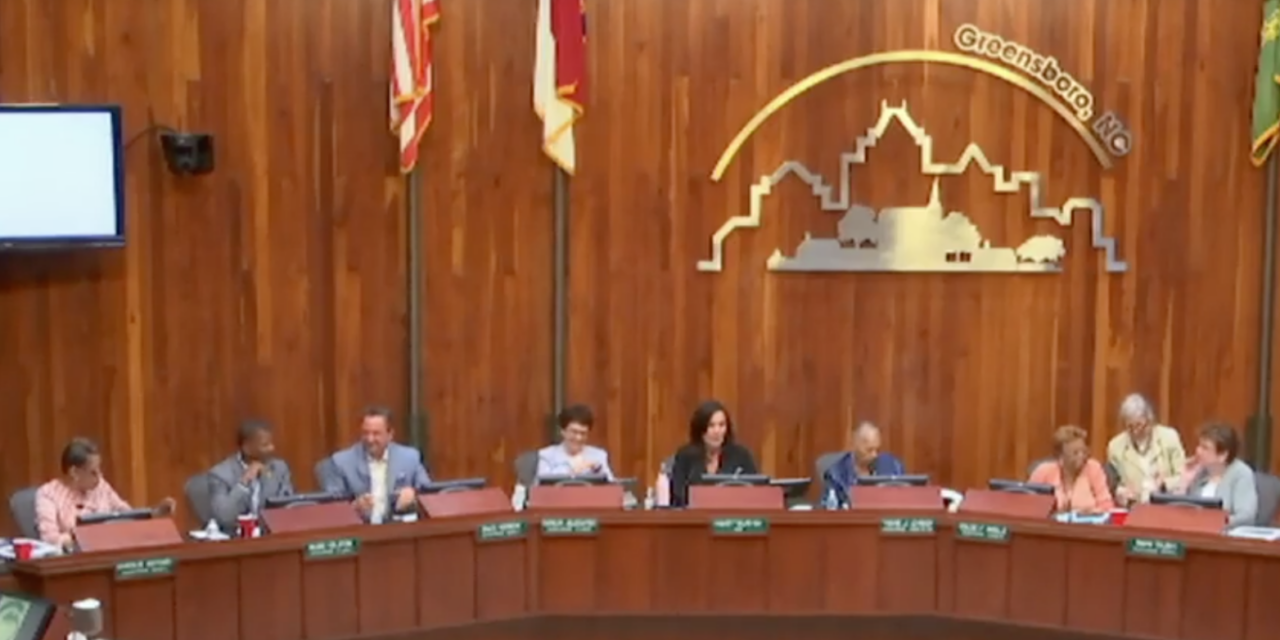The Greensboro City Council voted unanimously to approve a short-term rental ordinance at the Tuesday, May 23 meeting in the Katie Dorsett Council Chambers.
The short-term rental ordinance that regulates Airbnb and VRBO type rentals had been on the agenda for the May 16 City Council meeting, but because of the length of that meeting, those wishing to speak on the ordinance were given the option of waiting hours to speak or continuing the item to the May 23 meeting, and they chose the continuation.
Before the public hearing on the ordinance began, the City Council made several amendments to the proposed ordinance. Mayor Nancy Vaughan said the proposed amendments were the result of members of the City Council meeting with and speaking to people and groups throughout the city who were opposed to the ordinance as it was written.
The most controversial amendment was to add a spacing requirement to the ordinance, which would not allow a short-term rental within 750 feet of an existing short-term rental. That passed on an 8-1 vote with Councilmember Yvonne Johnson voting no. Johnson said, “I think that’s still too close.”
Motions to limit parking to one parking space per bedroom and deleting the two-night minimum stay were both passed unanimously.
Vaughan said that she wanted to get the amendments passed before the public hearing because she thought a number of speakers planned to speak to those items.
After over an hour of speakers – mostly against but some in favor of the short-term rental ordinance – the council discussed the ordinance.
Councilmember Zack Matheny asked that those who were opposed to the ordinance take a look at North Carolina state Senate bill 667. He said, “The state is going to dictate a lot of this.”
Vaughan noted that the ordinance did not restrict what a homeowners association could do, but that it was up to the homeowners associations to enforce their own covenants.
Vaughan also noted that the ordinance would go into effect on Jan. 1, 2024, and said, “We will revisit this the first of 2025 after it has been enacted for a year.”


I wish this had not passed!
God hope they are gone in 2025.
“Revist”? Sure, baby. Govt laws and programs neither die, nor fade away.
Unfair to swingers and polyamorous folks. Overreaching and overbearing bedroom police. Mandate Mayor demands to know who is sleeping in which room with whom? Authoritarianism at its micromanaging worst. Donor class claps and their puppets dance.